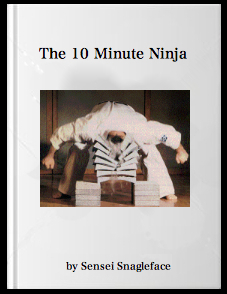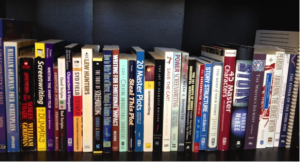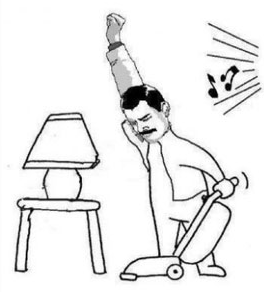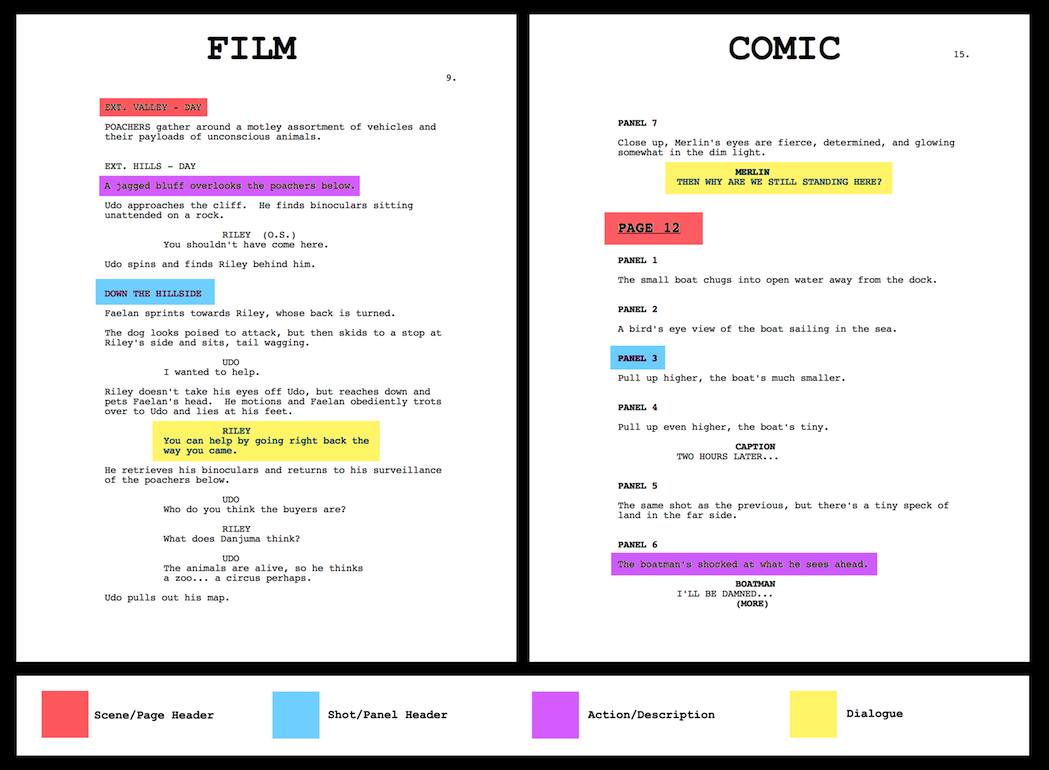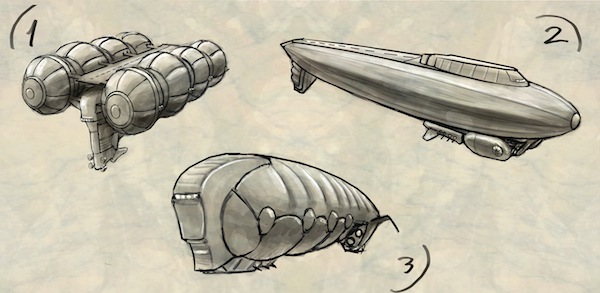Oh the formulas, why are you so plentiful?
While there are many, to be fair, not all are created equal. Some are little more than substrates to help hold a plot together just long enough to screw up the story in some other way. But at least those can be somewhat flexible. On the other end of the spectrum there are methods that are all-encompassing, so full of rules they beg a level of devotion usually reserved for a doomsday cult.
Still others are more about the state of being human, philosophy, mythology, psychology, what have you – an earnest attempt to guide you toward getting in touch with theme and compelling characters. (And if you’re lucky, they might even help you understand why you did what you did, rather than just how…)
There’s no question that there’s a lot to learn from these books. And it’s where all of us start. (well, at least the ones who admit it) But here’s the thing…
How-to books and formulae can only take you so far!
No matter how ingenious and insightful these tomes may be, they are only a beginning. Thinking you can learn to write by reading is like thinking you can play the guitar by listening to Hendrix. It’s like getting a book about how to break a brick with your forehead. By the time you turn to the last page of…
… you understand everything from the anatomy of your noggin, to the molecular structure of cinderblocks, and that mass * acceleration = force.
I mean, you’re a god damn expert on how to break a things with your melon! And yet, somehow you wake up in the E.R. with a puffy purple rectangular across your forehead and feeling like you went out drinking with that one buddy of yours that always manages to talk you into that horrible-idea-2:00am-fist-sized-shot of lukewarm discount gin after lots of beer that has you begging to anyone’s god who will listen for a clean death. Yeah, you know the buddy I mean.
I’m telling you, read all the how-to writing books you can get your hands on, and then read a few hundred amateur screenplays and you’ll see what I mean.
And not that there’s anything wrong with reading these books. Not at all! Pry every single pearl of wisdom from their pages you can. That warm gin has killed off enough of your gray matter that you need all the help you can get. Hell, look at my shelf of dusty writing books leering at me mockingly as I write this…
But once you’ve written for some time, and start to get a feel for it, don’t be too dogmatic about following the writing-by-numbers systems that you’ve cut your teeth on. Try it by instinct. Take your guts out for a spin. See how much of the good (and bad) you’ve internalized. You might be pleasantly surprised.*
* Results may vary.
Note: in case anyone’s interested, here’s a small selection of writing books I’ve read in the past that had a positive influence on my craft:

